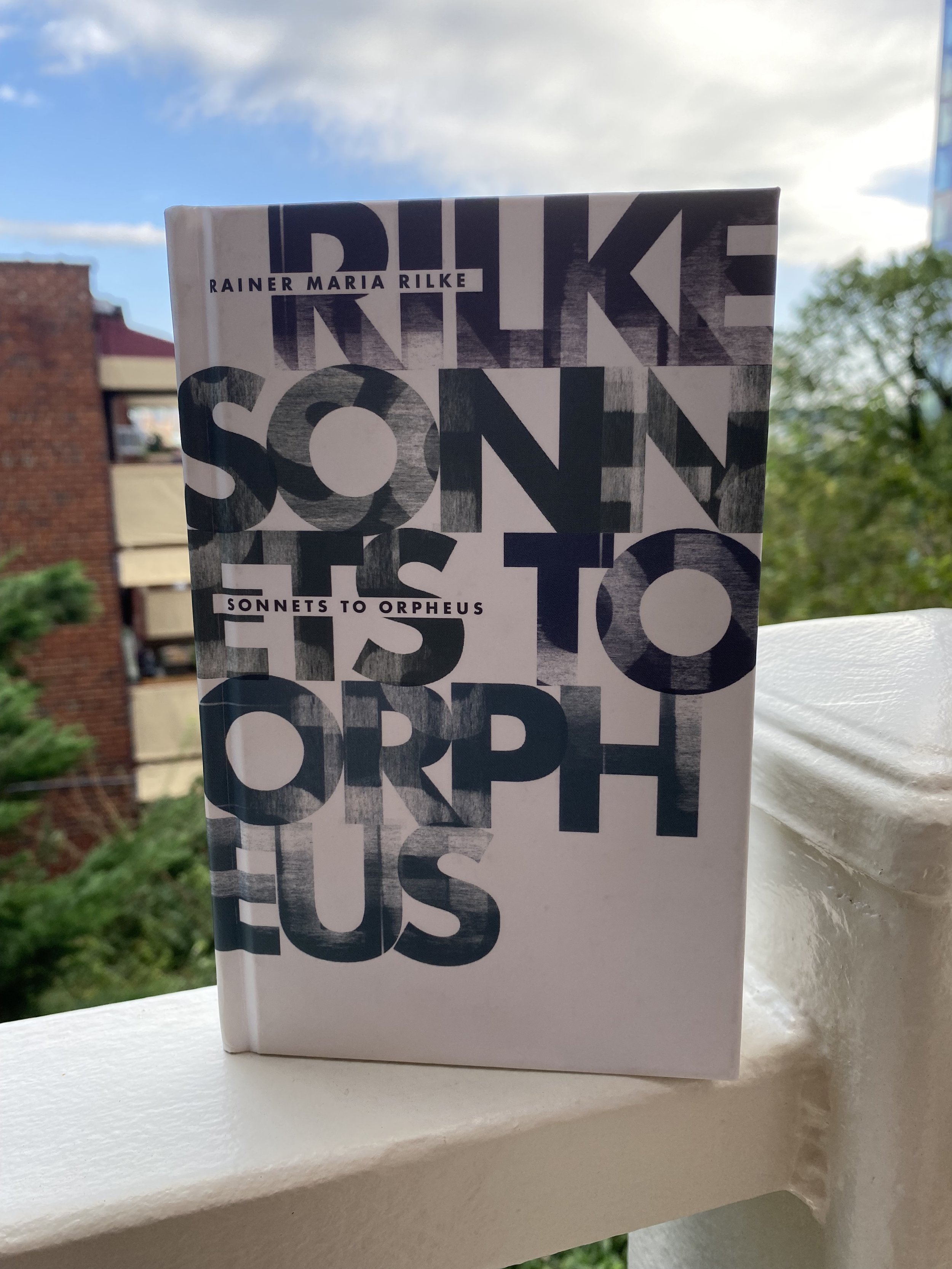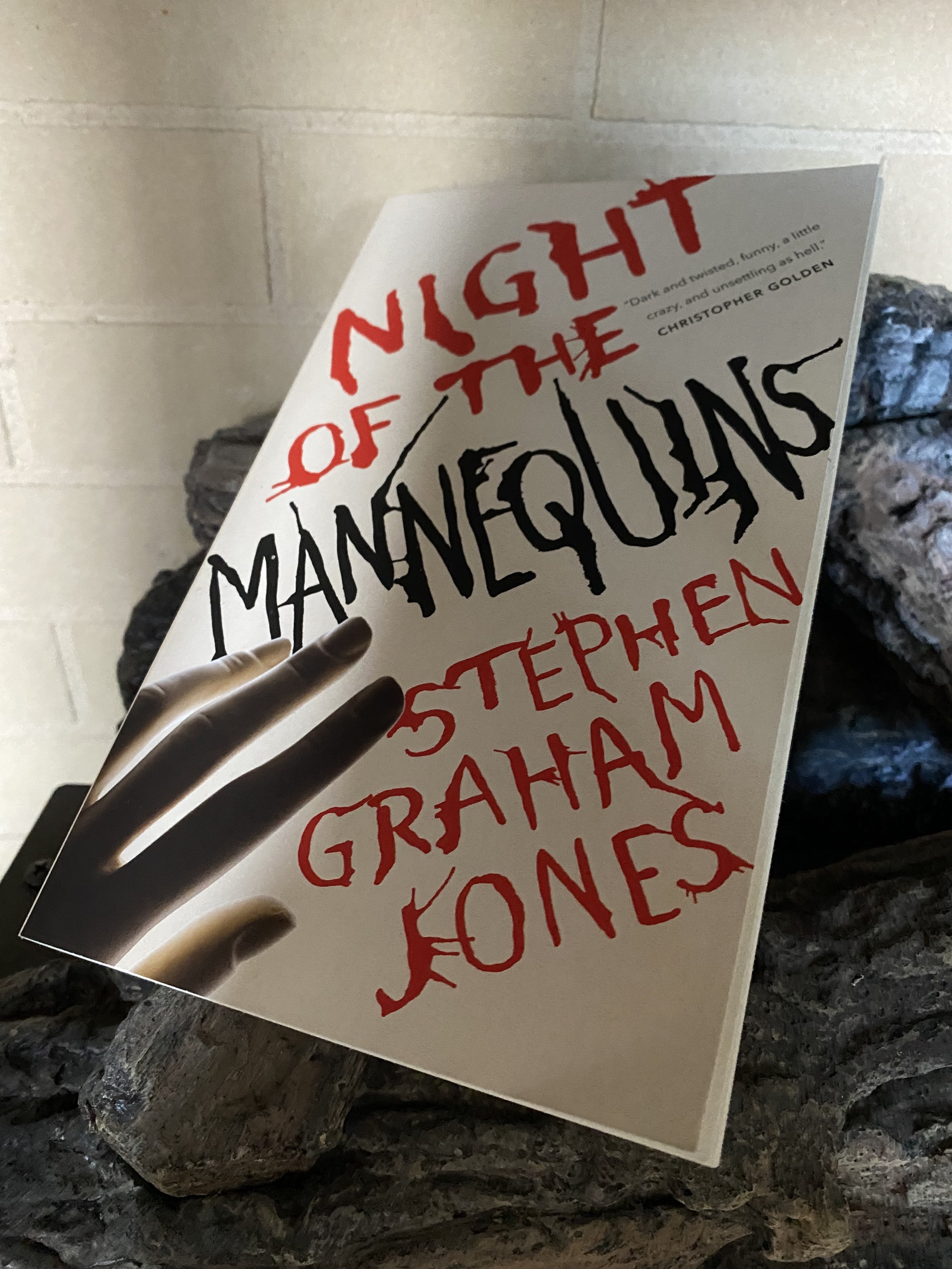3/5 stars
What's it about? Painter Elaine Risley reckons with her past as she returns to Toronto for a retrospective of her work, reflecting on her upbringing, relationships, evolution as an artist, and, most importantly, the impact of her girlhood friends’ bullying. Another well-written though frustrating entry into Atwood’s canon of female oppression.
How’d I find it? If you happen to be in DC, see if Turning the Page has a pop-up bookstore event. You won’t be disappointed.
Who will enjoy this book? While this one is for the Atwood completists, fans of Penelope Lively’s work and coming-of-age stories with female protagonists should also enjoy.
What stood out? I relished learning how Elaine’s experiences translated into her art and Atwood’s painstaking depiction of the past, particularly post-war Canadian culture. Fashion clearly interests her, and every decade is detailed here. Atwood doles out the story in expert dollops that keep one engaged in the story, but its vision remains opaque, ultimately flattening Elaine as a character. Who is she? Why does she accept the abuse that suddenly dominates her life and changes its course forever? Why does she fixate on Cordelia, the damaged ringleader? The significance of her brother Stephen (and his bizarre fate) is another source of puzzlement. How does he inform Elaine’s identity?
Which line made me feel something? I couldn’t tell you why this story was told, so all three stars are for Atwood’s undeniable mastery on the page. Boy, she can craft a sentence: “The neatly graveled runners’ path beneath me leads uphill to the distant road and to the cemetery, where the dead people wait, forgetting themselves atom by atom, melting away like icicles, flowing downhill into the river.” Every page is chock full of these gems.









